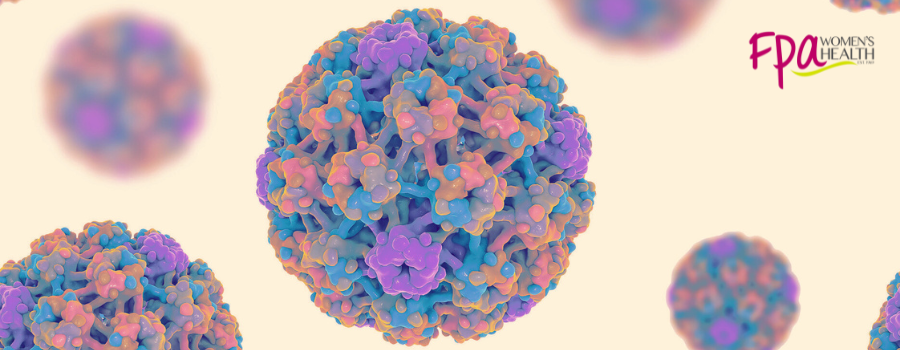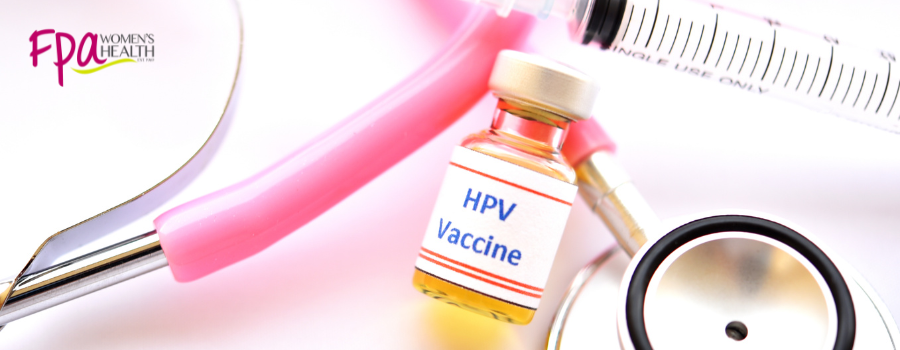 HPV, or the Human Papilloma Virus, is the most common STI in the United States. The CDC estimates there are about 42 million currently infected and that 13 million become infected each year.
HPV, or the Human Papilloma Virus, is the most common STI in the United States. The CDC estimates there are about 42 million currently infected and that 13 million become infected each year.
There are many different strains of HPV, but only certain strains cause genital warts and cancers.
How is HPV transmitted?
You can get infected with HPV by having vaginal, anal, or oral sex with someone who has the virus.
The infection can be spread asymptomatically, meaning a person with HPV can pass the infection to someone even when they have no signs or symptoms.
If you are sexually active, it is likely you will be exposed to HPV, even if you have had sex with only one person. As with many viruses, it is possible to develop symptoms years after having sex with someone who has the infection. This makes it especially hard to know exactly when you were exposed.
Possible Symptoms of HPV
In 9 out of 10 cases, an infected person's immune system is able to fight off the virus and it will come and go without experiencing symptoms.
In the instances where HPV does not go away, it can cause genital warts or other serious health problems like cancer of the cervix, vulva, vagina, penis, or anus. HPV can also cause cancer in the back of the throat, including the base of the tongue and the tonsils.
Prevention

As with all STIs, you can do several things to lower your chances of developing HPV.
Get vaccinated- Unlike most STIs, there is a vaccine for HPV. Developed to protecting against diseases (including cancer) caused by HPV, the vaccine was approved by the FDA for females in 2006 and for males in 2009. It has proven safe and effective ever since.
Get screened- Currently, there is no test to find out a person's "HPV status." And because symptoms are not always apparent, women may only find out they have HPV during a cervical cancer screening. For this reason, we recommend routine cervical cancer screenings with pap smears, as well as HPV testing for women aged 21 to 65 years old.
Use condoms- Use proper protection if you are sexually active. Do it every time you have sex. While this can lower your chances of getting HPV, remember that the STI can infect areas the condom does not cover. Specifically, you're still at risk during anal, or oral sex.
Treatment
There is no treatment for the virus itself. However, there are treatments for the health problems that HPV can cause.
Genital warts can be treated with a topical acid or a prescription medicine. Sometimes, they go away on their own without treatment. Cervical precancer treatment is also available.
The HPV vaccine has decreased precancerous changes in women by 40 percent. If you haven't been vaccinated for HPV and are in the California area, call your nearest FPA location to discuss doing so!
Share This
Get Help Now